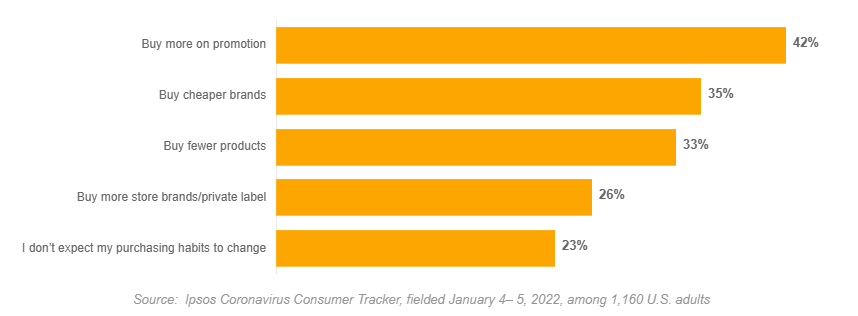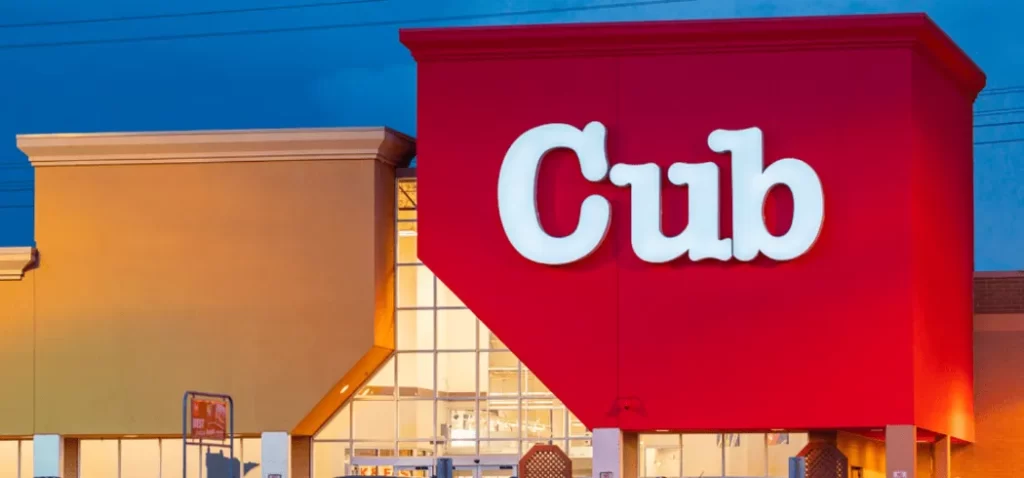In the midst of a pandemic, national lockdowns, shortage of workers, supply issues, and sweeping uncertainty, retailers had to become more creative and flexible than ever before. Across the last two years, we saw massive shifts in the way retailers conducted business in order to stay relevant in a constantly changing environment. After surviving a crazy year (or two), retailers began to prepare for 2022 and get back to “business as usual”.
Five months have gone by in a whirlwind and those months have not been short of new challenges and new opportunities. Winning companies have identified risks and taken advantage of the changing elements by thinking innovatively and using this uncertainty to rethink business as usual.
Here are the top retail trends in 2022, in the last 5 months:
-
- Price-conscious retail consumers
- Embracing innovation, gives retailers an obvious advantage.
- Emphasis on E-commerce.
- Ultrafast delivery expectations is one of the biggest retail trends in 2022.
Price conscious retail consumers
Record high inflation is changing consumer spending habits and retailers are having to adjust their strategies to remain profitable and meet customer expectations. According to a survey conducted by Ipsos at the beginning of 2022, 42% of people said they were shifting focus to look for products on promotion as a reaction to inflation.

Brands have multiple options on how to adjust their business to accommodate rising costs. We are seeing everything from Best Buy focusing on opening more outlet stores to brands reducing the size of their products while maintaining the same customer facing price. With inflation set to maintain high through, at least, the end of this year, this will continue to be a key topic influencing strategy.
(If you want more in depth info on consumer behavior driven by inflation, we wrote a blog about it!)
Embracing innovation gives retailers an obvious advantage
The unprecedented circumstances facing retailers over the last two years, from supply chain delays to retail locations being fully closed for months, have made it more clear that current strategies have not been good enough. Retailers have shifted their focus to innovation, investing in technologies and looking externally in order to become more agile in the face of uncertainty.
There are many ways brands are focusing on innovation but 2 great examples are Home Depot establishing a venture capital fund to support startups focused on home improvement and customer experience and Ulta partnering with Haut.AI to provide customers with hyper-personalization in skin care. We are seeing brands utilize artificial intelligence for everything from inventory accuracy to promotion planning and optimization.

Emphasis on E-commerce
Although consumers are returning to stores, brands are still focused on ensuring their E-commerce presence meets customer expectations. Since the dawn of the internet, brands with a strong online presence have had an advantage, but after essentially becoming the only eligible channel last year, it’s an absolute necessity.
More companies are prioritizing e-commerce than ever before. Some of the companies making investments in supporting their e-commerce business are not surprising, like Ikea who is investing $3B to modify select store locations to double as e-commerce distribution centers. But we are also seeing an e-commerce focus in more surprising places, specifically, Girl Scouts of America shifting from in person popup shops to online ordering and delivery. Using cookies to sell more cookies!
Ultrafast delivery expectations is one of the biggest retail trends in 2022
Consumer expectations around delivery time have been sliding to the “ultrafast category” since the introduction of Amazon Prime. Despite consumers being aware of the supply chain and availability challenges, their expectations have not changed. With the goal of meeting these expectations, many brands are focusing on ways to get products to customers faster.
Leading companies are making large investments in their infrastructure or forming strategic partnerships to reduce fulfillment time on customer orders. Retail giant, Target, has made nearly a $5B investment to shorten the distance between their inventory and their consumers by standing up several regional warehouses throughout the country. Another great example is Sally Beauty. Knowing that 80% of engagement comes from mobile devices, they partnered with DoorDash to offer free 2 hour delivery.
Final thoughts
Meet Jack!
Jack Gruca is a business consultant with experience in demand forecasting and replenishment solutions. Working with leading retailers to make smarter planning decisions with their data, he access to real world supply chain obstacles and strategies.
Outside of work, Jack enjoys sports (especially watching the Bills or Dawgs) and hanging outside with friends in Atlanta Georgia.

